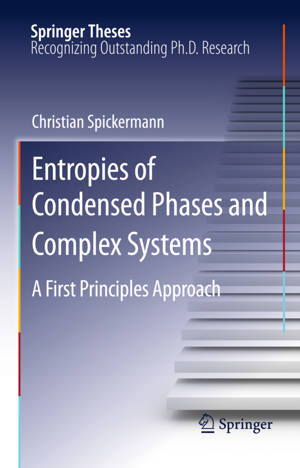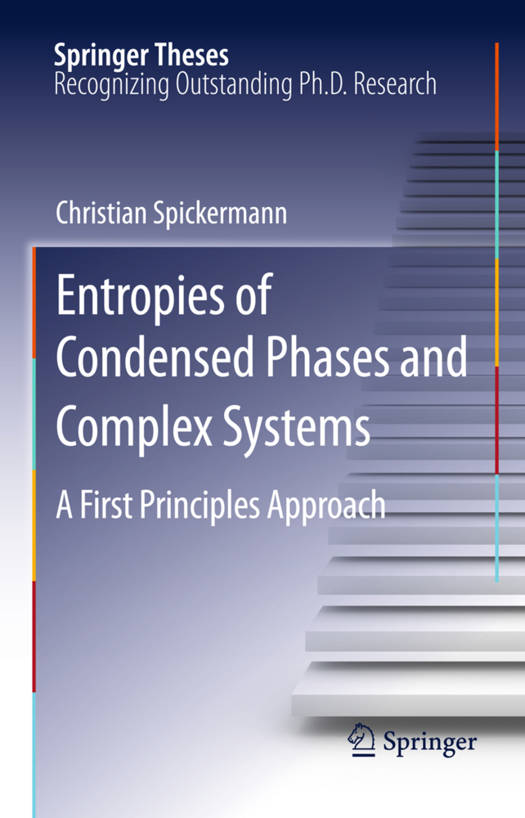
- Afhalen na 1 uur in een winkel met voorraad
- Gratis thuislevering in België vanaf € 30
- Ruim aanbod met 7 miljoen producten
- Afhalen na 1 uur in een winkel met voorraad
- Gratis thuislevering in België vanaf € 30
- Ruim aanbod met 7 miljoen producten
Zoeken
€ 105,45
+ 210 punten
Uitvoering
Omschrijving
Predicting thermodynamic quantities for chemically realistic systems on the basis of atomistic calculations is still, even today, a nontrivial task. Nonetheless, accurate treatment of inter-particle interactions, in terms of quantum chemical first principles methods, is a prerequisite for many applications, because of the complexity of both reactants and solvents in modern molecular sciences. Currently, a straightforward calculation of thermodynamic properties from these methods is only possible for high-temperature and low- density systems. Although the enthalpy of a system can often be predicted to a good level of precision with this ideal gas approach, calculating the entropy contribution to the free energy is problematic, especially as the density of the system increases. This thesis contains a compact and coherent introduction of basic theoretical features. The foundations are then laid for the development of approaches suitable for calculation of condensed phase entropies on the basis of well-established quantum chemical methods. The main emphasis of this work is on realistic systems in solution, which is the most important environment for chemical synthesis. The presented results demonstrate how isolated molecular concepts typically employed in modern quantum chemistry can be extended for the accurate determination of thermodynamic properties by means of scale- transferring approaches.
Specificaties
Betrokkenen
- Auteur(s):
- Uitgeverij:
Inhoud
- Aantal bladzijden:
- 225
- Taal:
- Engels
- Reeks:
Eigenschappen
- Productcode (EAN):
- 9783642157356
- Verschijningsdatum:
- 14/01/2011
- Uitvoering:
- Hardcover
- Formaat:
- Genaaid
- Afmetingen:
- 155 mm x 231 mm
- Gewicht:
- 476 g

Alleen bij Standaard Boekhandel
+ 210 punten op je klantenkaart van Standaard Boekhandel
Beoordelingen
We publiceren alleen reviews die voldoen aan de voorwaarden voor reviews. Bekijk onze voorwaarden voor reviews.











